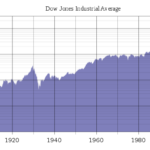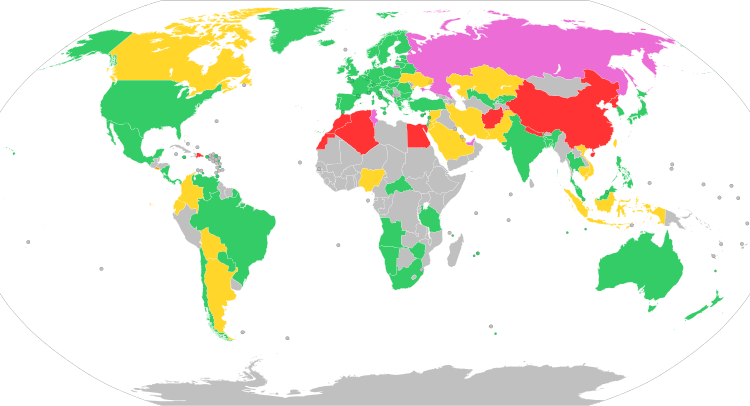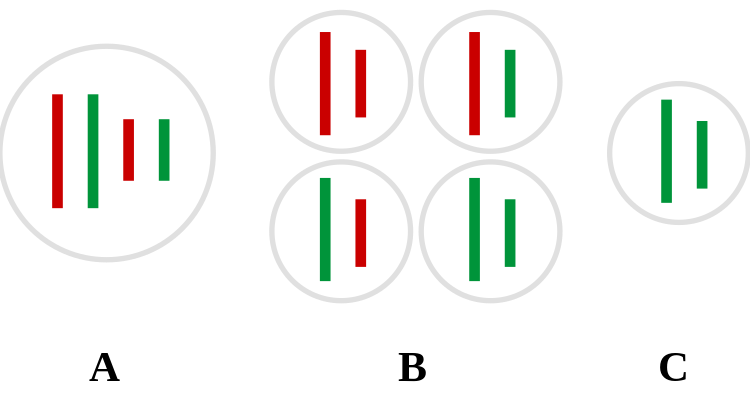Why the Dow Lags Behind Despite Market Gains
- Dow Jones Industrial Average has not reached new records like S&P 500 and Nasdaq Composite
- Price-weighted approach of Dow makes it more sensitive to individual stock prices
- Heavy representation of rate-sensitive financial stocks in Dow
- Apple, Microsoft, and Amazon are top performers in Dow but not enough to offset declines in other components
- Large-cap growth sectors like technology and communications services favored by investors
- Tech stocks generating strong earnings and expected to continue performing well
The Dow Jones Industrial Average has not reached new records like the S&P 500 and Nasdaq Composite, with a broad-based decline affecting 19 of its components. The price-weighted approach makes it more sensitive to individual stock prices, and its heavy representation of rate-sensitive financial stocks contributes to the disparity. Tech stocks like Apple, Microsoft, and Amazon are top performers in the Dow but not enough to offset declines in other components. Investors favor large-cap growth sectors such as technology and communications services due to strong earnings and low debt levels.
Factuality Level: 8
Factuality Justification: The article provides accurate and objective information about the performance of the Dow Jones Industrial Average in comparison to other major market indexes such as the S&P 500 and Nasdaq Composite. It explains the reasons behind the Dow’s faltering performance, including its unique price-weighted approach and exposure to rate-sensitive financial stocks. The article also includes expert opinions from industry professionals on the potential future of large-cap growth sectors and tech stocks.
Noise Level: 6
Noise Justification: The article provides some relevant information about the performance of different stock market indexes and their components but also contains filler content such as references to a Sesame Street song and unnecessary details about the construction of the Dow Jones Industrial Average. It lacks in-depth analysis or actionable insights.
Public Companies: American Express (AXP), Travelers (TRV), JPMorgan Chase (JPM), Goldman Sachs Group (GS), Chevron (CVX), Disney (DIS), Caterpillar (CAT), Verizon (VZ), Apple (AAPL), Microsoft (MSFT), Amazon.com (AMZN), Amgen (AMGN), McDonald’s (MCD), Nvidia (NVDA), Oracle (ORCL), Adobe (ADBE)
Key People: Phil Orlando (chief equity strategist with Federated Hermes), Sinead Colton Grant (chief investment officer at BNY Wealth), Colin Graham (head of multi asset strategies at Robeco)
Financial Relevance: Yes
Financial Markets Impacted: Dow Jones Industrial Average, S&P 500, Nasdaq Composite
Financial Rating Justification: The article discusses the performance of different stock market indexes and their components, specifically focusing on the Dow Jones Industrial Average’s decline compared to the S&P 500 and Nasdaq Composite. It also mentions the impact of financial markets on certain companies like American Express, Travelers, JPMorgan Chase, Chevron, Disney, Caterpillar, Verizon, Apple, Microsoft, Amazon, Goldman, Caterpillar, Amgen, and McDonald’s.
Presence Of Extreme Event: No
Nature Of Extreme Event: No
Impact Rating Of The Extreme Event: No
Extreme Rating Justification: There is no extreme event mentioned in the article.
 www.marketwatch.com
www.marketwatch.com 





